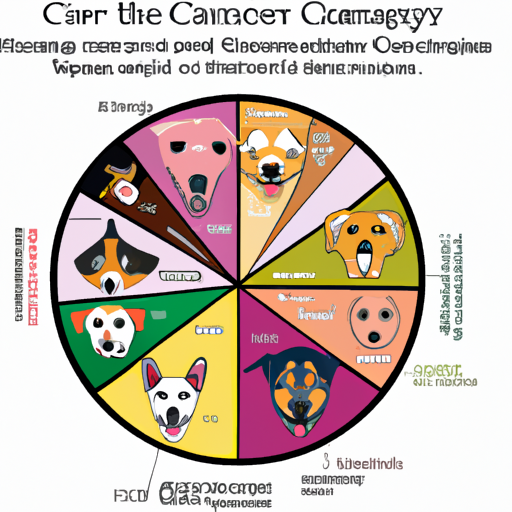Understanding Canine Cancer
As a caregiver, it’s essential that you keep track of your dog’s health. Cancer is a word that strikes fear in all of us, and unfortunately, our canine companions aren’t immune. Studies show that approximately 1 in 4 dogs will develop a tumor of some kind during their lifetime. For dogs over the age of 10, the rate increases to nearly 50%.
The Different Types of Canine Cancer
There are numerous types of cancer that can affect your dog. Here are the most common ones:
- Mast cell tumors: These are the most common type, often found on the skin but can also affect other areas of the body.
- Melanoma: Usually affecting the mouth or mucous membranes.
- Lymphoma: Affects the lymph nodes and can spread to other parts of the body.
- Osteosarcoma: A bone cancer common in larger breeds.
- Hemangiosarcoma: A highly aggressive cancer affecting blood vessels and the spleen.
Recognizing the Signs of Cancer
Cancer can be insidious, and early detection is vital for effective treatment. Watch for these signs:
- Unexplained weight loss
- Lack of appetite
- Difficulty breathing
- Persistent lameness or stiffness
- Difficulty in defecating or urinating
Treatment Options Available
Cancer in dogs, like in humans, can be treated in several ways. The choice of treatment often depends on the type of cancer, the stage of the disease, and the general health of your pet. Some options include:
- Surgery
- Chemotherapy
- Radiation therapy
- Immunotherapy
Prevention and Care
While you can’t completely prevent cancer, there are steps you can take to minimize the risks:
- Regular veterinary check-ups
- Balanced diet
- Regular exercise
- Avoid exposure to harmful substances like tobacco smoke and certain pesticides
| Prevention Tips | Description |
|---|---|
| Regular Check-ups | Detect problems early |
| Balanced Diet | Boosts immune system |
| Regular Exercise | Keeps dog fit and helps prevent many health issues |
| Avoid Harmful Substances | Reduce the risk of exposure to carcinogenic substances |
FAQ
Q: What breeds are most susceptible to cancer?
A: Breeds like Boxers, Golden Retrievers, and Rottweilers have higher cancer rates.
Q: Can dogs survive cancer?
A: Yes, many dogs can live a quality life after a cancer diagnosis with appropriate treatment.
Q: Is cancer in dogs painful?
A: It can be, but pain management is a significant component of cancer treatment.
Q: What is the life expectancy of a dog with cancer?
A: It largely depends on the type of cancer, the stage at diagnosis, and the treatment pursued.
Q: Can cancer in dogs be cured?
A: Some cancers can be cured if caught early and treated aggressively. Others may not be curable but can be managed to provide a good quality of life for some time.
Remember, as a caregiver, you’re instrumental in ensuring your furry friend’s health and happiness. Stay informed, vigilant, and proactive.



